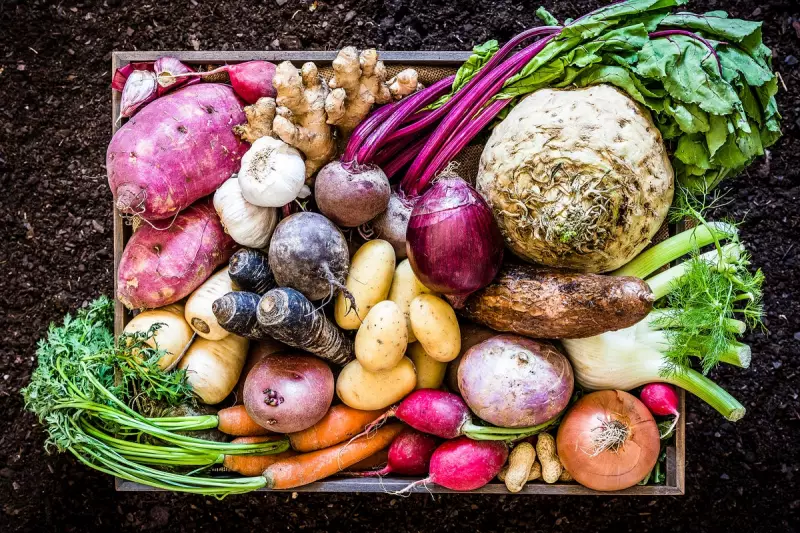
Forget the superfood fads; one of the most powerful ingredients for heart health might already be sitting in your vegetable drawer. Groundbreaking research from the United Kingdom has put the humble beetroot in the spotlight, revealing its remarkable ability to combat high blood pressure naturally.
A daily dose of beetroot juice could be a simple and effective strategy for managing hypertension, a condition affecting millions. This isn't just a minor improvement—the study suggests the impact is significant enough to make a meaningful difference to cardiovascular wellbeing.
How Does It Work?
The secret lies in beetroot's high concentration of dietary nitrate. When consumed, the body converts this nitrate into nitric oxide, a crucial molecule that relaxes and widens blood vessels. This process, known as vasodilation, improves blood flow and subsequently reduces the pressure placed on arterial walls.
This natural mechanism mirrors the way some prescription medications operate, but in a wholly dietary form. It’s a compelling example of how food can function as medicine.
Incorporating Beetroot Into Your Diet
Adopting this heart-healthy habit is refreshingly straightforward. The research focused on the consumption of beetroot juice, making it a convenient option. However, incorporating the whole vegetable into your meals is just as beneficial.
- Juice it: A small glass of raw beetroot juice is the most direct method.
- Roast it: Roasting beetroot brings out its natural sweetness, making a delicious side dish.
- Grate it: Add raw grated beetroot to salads for a colourful and crunchy nutrient boost.
- Blend it: Beetroot makes a vibrant and earthy addition to smoothies.
A Natural Boost for Public Health
With high blood pressure being a major risk factor for heart attacks and strokes, these findings have important implications for public health. Promoting accessible dietary changes, like increasing beetroot intake, could provide a natural, complementary approach to conventional treatments.
This research adds to the growing body of evidence supporting the role of a whole-food diet in preventing and managing chronic disease. It seems the path to better heart health might be painted crimson.





